
Menno Simons College Blog
Nainoto’s Story: a step further in life
Posted by CMU Staff | Monday, July 8, 2019 @ 9:00 AM
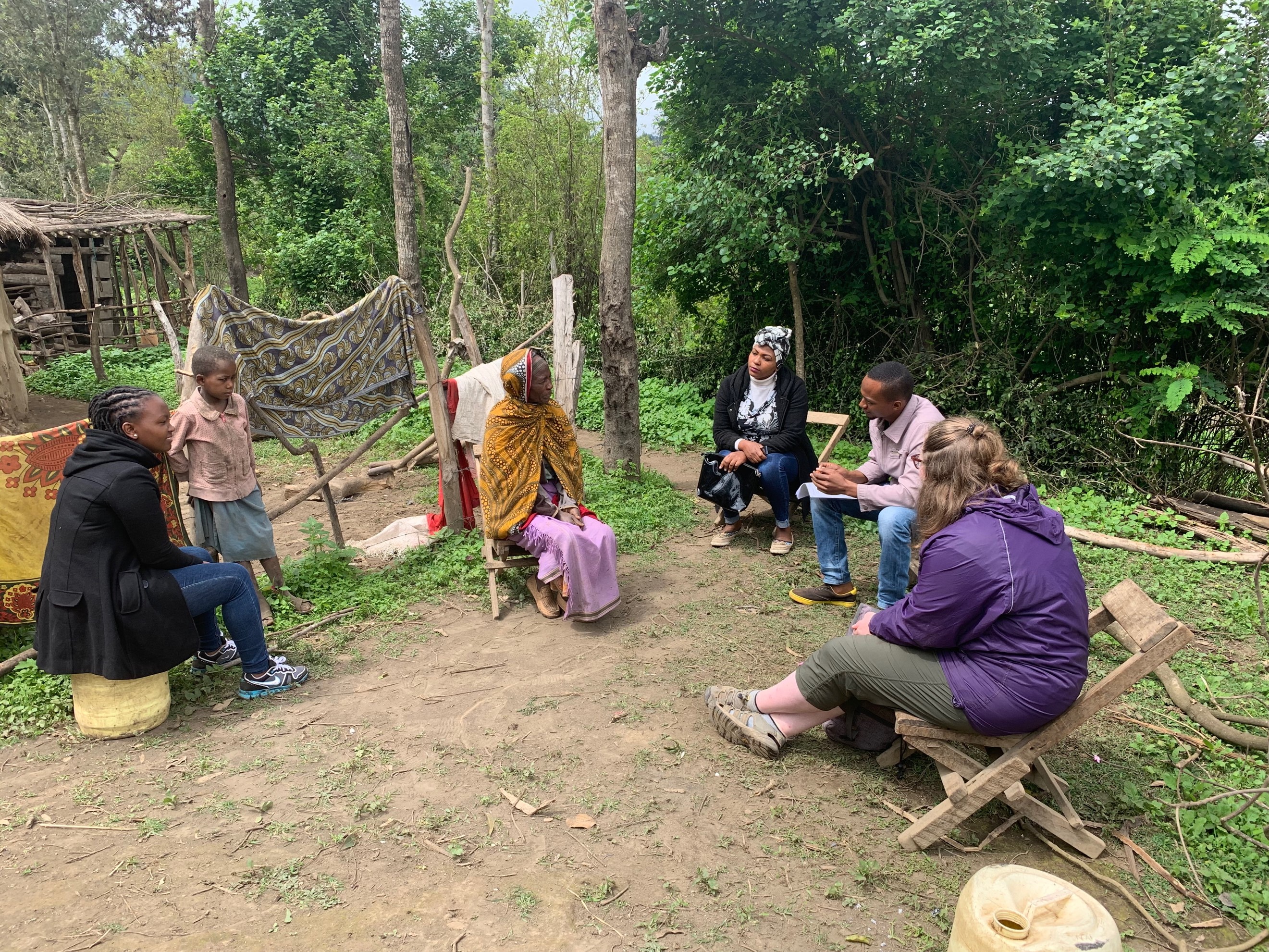
by Samantha (Shayna) Shpeller
Nainoto is a widow living in the village of Likamba, in northern Tanzania. She farms her two and a half acres of land and cares for a few livestock animals as means to provide for her five children, all of whom are in their teenage years or early adulthood. Due to lack of resources, despite her large efforts, the family is currently only able to eat two meals per day.
Last spring, Nainoto was visited by a caring family member who introduced her to the village livestock extension officer. As the trio sat to discuss her situation, the extension officer decided to put her in contact with a Lutheran church project of West Arusha which has been assisting low-income families with dairy animals (cows and goats). Once conversations began, Nainoto was invited to a training event where farmers learned about how to keep goats, including how to care for pregnant females. At the end of the training she was chosen as one of the recipients of the one hundred Irish dairy goats donated to trainees of the program.
In October, in a collaboration among the Lutheran church, ECHO and BOTHAR—an Irish NGO providing livestock by airfreight to developing countries, 50 dairy goats were imported for farmers in this project. Nainoto was among the first farmers chosen, and she brought home her goat. She has been caring for it ever since. To her delight, the goat recently gave birth to triplets. The male bucks she plans to sell for profit, while the female will be passed on to a trainee who did not initially receive a goat. As a means of multiplying the impact of this project, the church project requires all of the original goat recipients to pass on a doe, a female goat, to another household. This derives from local traditions of passing on young live stock to those in need, as a means of assistance. It was then adapted by Heifer International and has proven to be an effective way for development actors to reach more people.
Although Nainoto has not yet sold the bucks, Nainoto feels she has already benefited from the project—it has "taken her a step further in life." She feels proud when her family and friends visit her home and express interest in also obtaining goats. Nainoto educates her peers about the benefits of drinking goat milk and tries to inspire other widows to follow her lead. As well, she has lots of plans for the capital she will be gaining. Firstly, profit from selling the male goats will be used to pay the tuition fees for her daughter, as she begins university next year. Secondly, Nianoto would like to start a small business selling tomatoes from her farm.
The result of being involved in the project has meant that Nainoto's food security has improved, as she has a reliable source of home-produced milk. Additionally, worthwhile outcomes, such as enabling her daughter to attend university have come into being.
Currently, a team of interns from Sokoine University of Agriculture, the University of Winnipeg and ECHO are collaborating to conduct a survey to collect baseline data about the project recipients. The purpose is to allow for a study in a few years to evaluate the project again to measure the project impact over time. This survey also allows for the farmers to provide feedback to the project as to how things are going thus far.
Samantha (Shayna) Shpeller is an IDS student at MSC, currently completing an international practicum.
Faculty: In Their Own Words
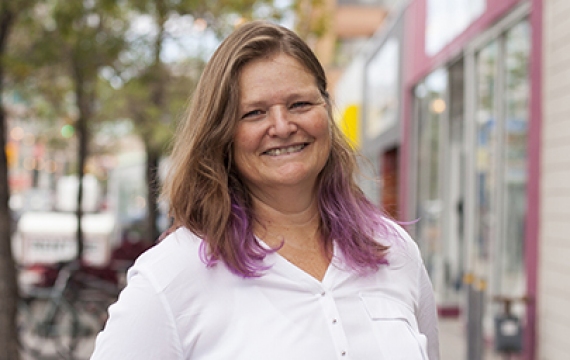
Karen Ridd, Teaching Associate Professor, Conflict Resolution Studies
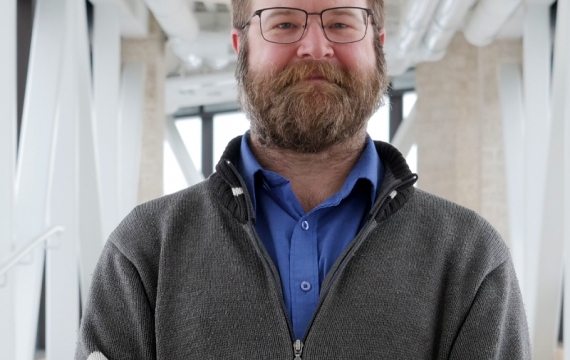
Dr. Jonathan Sears, Associate Professor of International Development Studies
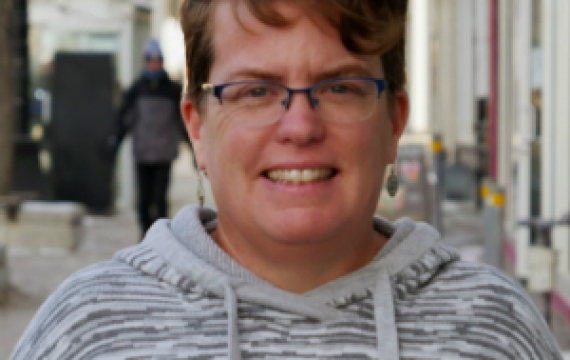
Dr. Jodi Dueck-Read, Assistant Professor of Conflict Resolution Studies
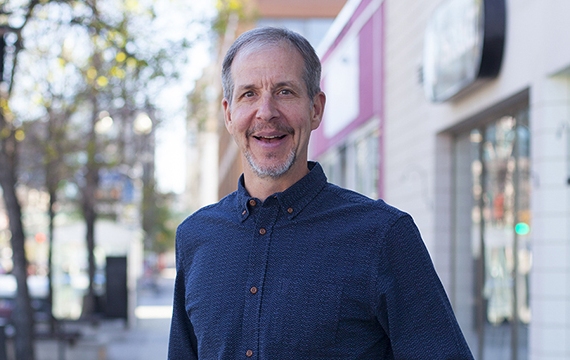
Dr. Jerry Buckland, Professor of International Development Studies


%20Shpeller%201(1).jpg)

 Print This Blog Post
Print This Blog Post